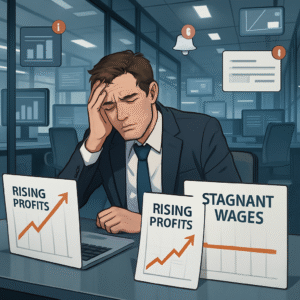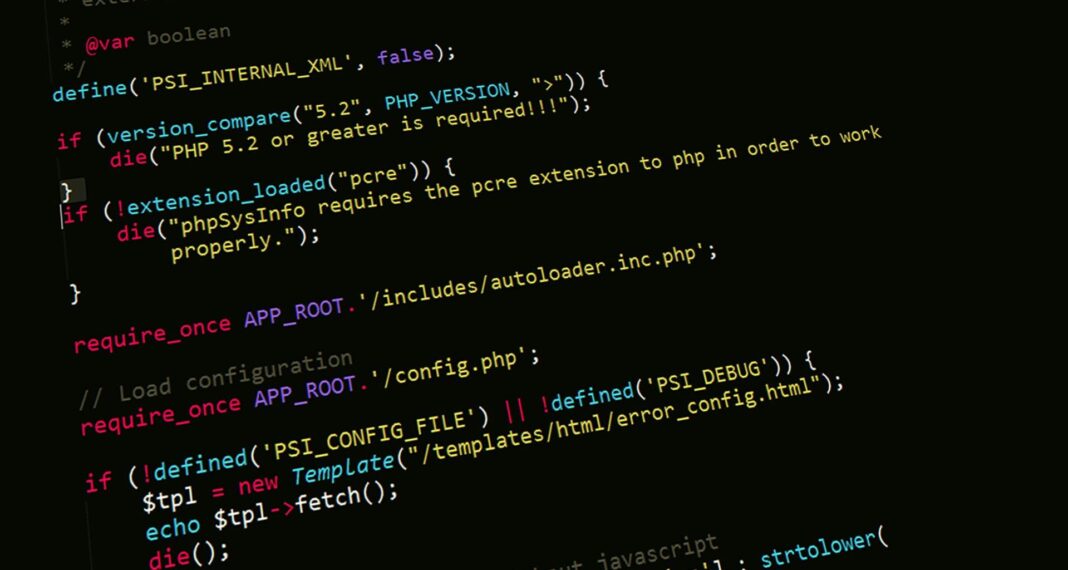Hypertoxic capitalism—a system where profit maximization and relentless competition override ethical, human-centered values—has become a defining force in many modern workplaces. The impact on white-collar employees, once the backbone of economic progress, is profound and increasingly documented by researchers and HR leaders worldwide. This blog explores the data-driven consequences of hypertoxic capitalism on this segment of the workforce in 2025.
Burnout: The New Occupational Hazard
Burnout rates among white-collar employees have hit alarming heights globally. In 2024, 82% of 1,500 surveyed knowledge workers in North America, Europe, and Asia reported feeling at least slightly burned out, with many describing their exhaustion as “extreme”. Recent data from India shows 52% of employees—especially in IT and business services—now experience burnout due to poor work-life balance, with over 23% regularly working beyond standard hours. While organizations increasingly offer wellness programs, these efforts often serve as band-aid solutions rather than addressing root causes like excessive workload and constant connectivity.

Wage Stagnation and Corporate Profits
A glaring side effect of hypertoxic capitalism is the widening gap between soaring corporate profits and sluggish wage growth. India’s corporate profits reached a 15-year high in FY24, climbing 22.3%, while employment grew by just 1.5% and wage growth trailed far behind at entry and mid-level positions. Companies prioritize cost-cutting and automation rather than expanding payrolls, leading to income inequality and diminished job satisfaction. This disparity erodes morale among employees who see executive compensation, shareholder gains, and profit reports rise almost independently of their own paychecks and benefits.
Psychological Toll and Mental Health Crisis
The mental health epidemic among white-collar workers is intimately linked to the structures of capitalism. Stress, anxiety, and burnout are frequently unrecognized as workplace harms, leaving employees without legal protection in many regions. The World Health Organization estimates that 280 million people worldwide battle depression, with capitalist societies—where the relentless pursuit of productivity leads to alienation—reporting some of the most severe mental health challenges. Factors such as job insecurity, pressure for constant “growth,” and lack of social support intensify issues like chronic stress and sleep disorders.
Invisible Impacts: Engagement and Retention
Ironically, high burnout often coincides with strong engagement metrics. 88% of respondents in a DHR Global survey reported being “very” or “extremely” engaged at work despite widespread exhaustion. However, retention risks are growing, as skilled employees seek healthier environments or leave for “greener pastures” when market options improve. Overworked employees are running on fumes, creating a toxic cycle that undermines both human well-being and organizational stability.
Toward Solutions: What Needs to Change
Hypertoxic capitalism’s impacts are not inevitable. To reverse the cycle, companies must shift toward holistic employee-centric policies. This means supporting flexible schedules, investing in mental health, improving wage structures, and fostering cultures of psychological safety. The real cost of ignoring these problems is not just employee attrition or lost productivity, but long-term damage to trust, innovation, and economic resilience.
In 2025, white-collar workers are sending a clear message: relentless profit and toxic competition come at too high a human cost. The future depends on redefining success, so well-being becomes synonymous with prosperity—not its silent casualty.





